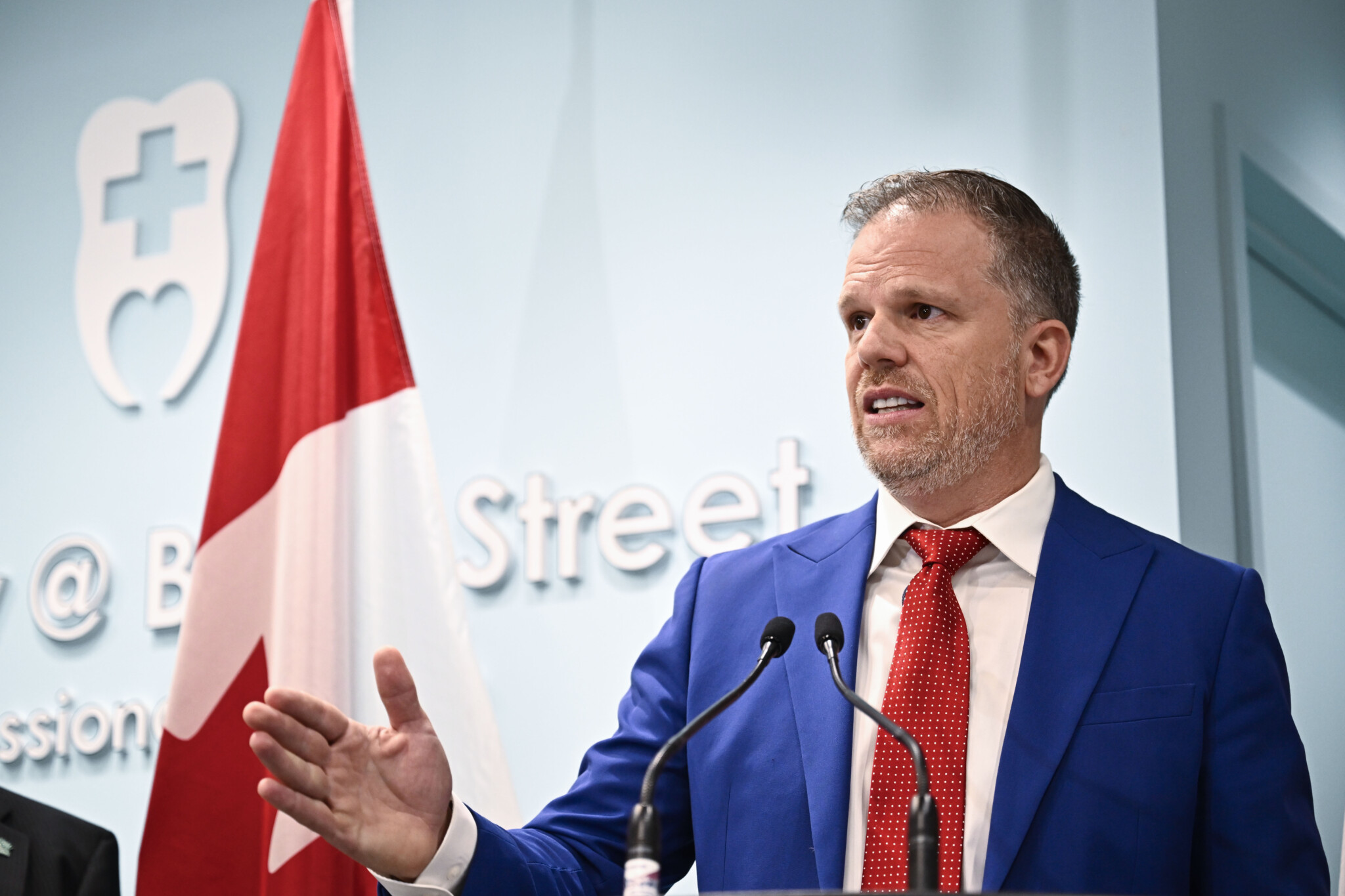In the lead-up to next month’s British Columbia provincial election, B.C. Conservative Party leader John Rustad has presented a series of proposed health-care reforms. A Rustad government would tie funding to patients rather than block transfers, redirect funding from administration to frontline care, and implement a wait time guarantee which would allow patients to seek care out of province if wait times exceed medically recommended limits.
The plan has been criticized by the usual suspects—including on the exceedingly lazy basis that Rustad received advice from Deloitte, a company with “deep ties to Big Pharma and major-league U.S. private health care companies.”
Rustad’s platform is a step in the right direction. Canada has ten times the number of health-care administrators per capita as compared to Germany, and many of our health-care outcomes rank below average compared to other OECD countries despite some of the highest per-capita spending. Canada also ranks consistently among the worst countries in the Western world for health-care outcomes.
But Rustad’s plan could be improved. It still relies on an outdated single-payer government model. Canada is the only country in the Western world that aims to quash all forms of privately funded medically necessary health care. Our peers in that endeavour include Cuba and North Korea. This is a mistake. A 2019 study found that Canadians were forced to make over 217,000 trips in 2017 for health care outside of the country—care that they could be getting here. The number has likely only risen since then, and even B.C.’s NDP government has been sending cancer patients to the U.S. for radiation treatment.
What’s holding Rustad, as well as his fellow premiers like Doug Ford and Danielle Smith, back from addressing the roots of the health-care crisis? It’s no longer public opinion. When polled, a consistent majority of Canadians support facilitating greater access to private health care.
One major factor holding the government back is the Canada Health Act (CHA), which governs how provinces receive cash transfers from the federal government. Indeed, on the campaign trail recently Rustad addressed the limitations of the CHA directly: “It’s weird, but that’s what the silly Canadian Health Act is all about. Hopefully one day we’ll get some changes there as well.”
Rustad’s hope is well placed. Amending the CHA is necessary to save Canada’s health-care system from growing pressures. Such an amendment would make clear that provinces are free to craft delivery models, including with cost-sharing, without the threat of withheld federal cash transfer.









